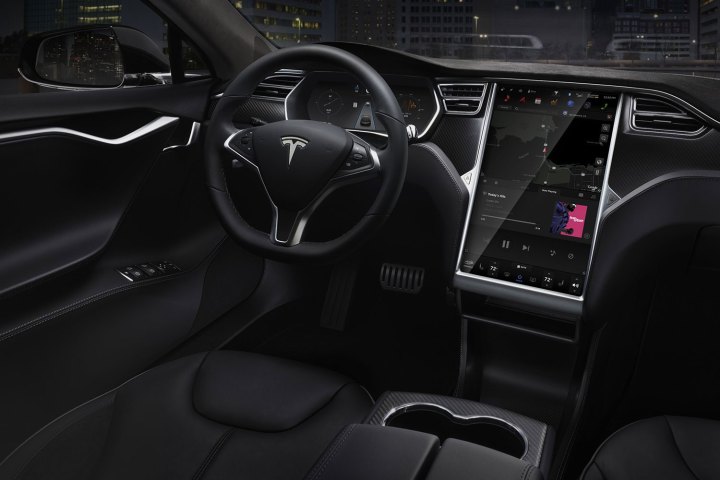
While the proposal does not require drivers to pay attention to the road, Reuters reports, it will require them to remain behind the wheel to take control of the car in the event of an emergency. The black box will be required to record when the autopilot system is active, when the driver activates the system, and when and if the vehicle requests that the driver take over.
Germany is home to several major luxury brands, including Audi, BMW, and Mercedes, all of which have expressed interest in self-driving technology. Chancellor Angela Merkel has already requested that the industry work with the government to develop a timeline for self-driving cars, as well as play a part in the regulatory process.
Such a move shouldn’t come as a surprise, given recent events. In just the past several months, we’ve seen several reports of Tesla’s Autopilot being blamed for vehicle accidents. In late April, a Tesla S was involved in an accident on Interstate 5 in California after Autopilot failed to apply the brakes to avoid hitting a vehicle, while earlier this month a possible Autopilot error may have been to blame for a crash in central Pennsylvania. Yet another accident in Montana occurred when a Tesla X veered into a guardrail, again possibly due to an Autopilot error.
So far only one accident was fatal, but it appears as if regulators (at least in Europe) aren’t waiting to clamp down on self-driving tech.
The increase in accidents has led Dutch authorities to launch an investigation into the technology, and put Tesla on the defensive. So far the company remains defiant, and says it will not disable Autopilot. CEO Elon Musk said last week that he believes a lack of consumer education is the issue, and not the technology itself.
Germany’s potential new legislation is in draft form now, and will be sent to other government agencies for approval this summer. That likely means any new rules — if any — are likely not to take effect until the end of the year, if not later.
Editors' Recommendations
- Tesla Autopilot vs. full self-driving: What’s the difference?
- Volkswagen is launching its own self-driving car testing program in the U.S.
- Tesla hopes full self-driving beta will be out globally by the end of 2022
- How a big blue van from 1986 paved the way for self-driving cars
- We now know what the self-driving Apple Car might look like


